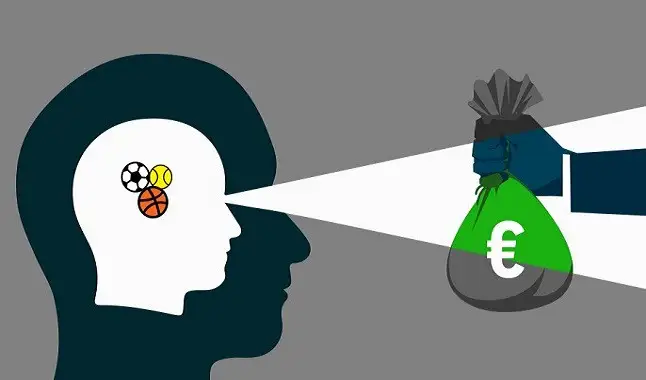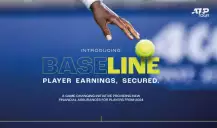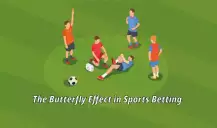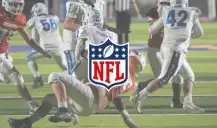
Those who follow our articles know that in addition to debating technical issues, such as methods and strategies, it is common to discuss the emotional and psychological side of betting. We have no doubt that the level of training and preparation are essential tools for the success of a bettor, but this does not guarantee certainty of victory in itself. Even so, we always try to stay away from the question of “luck”, a word widely used in this universe, as we believe that competence and the basis of information and studies are what make a bettor differentiated. However, we are often asked about the influence of intuition when betting on an event, how to differentiate and to what extent it is beneficial or not. So we are going to go a little deeper into this psychological issue of the human being.
Join our Telegram - by Clicking HERE!
Unlike luck, this form of reasoning and knowledge that our brain provides us at various times in life can have room for discussion in betting. We recognize that this can mess with a bettor's head, and even have influence at very specific times, but in a long-term approach we know that it will not lead to positive results. For recreational gamblers, it is very common to place their intuitions as decisive factors in choosing an event to bet on, but for the most competent in this area, we do not believe that it is something to consider.
Check out ALL MATCH TODAY and follow them live!
We would be opposed to what we defend ourselves, as we always advise you to work on a complete approach of data, information, methods and strategies, to bring out your competence and make gains. A strategy created exclusively on these aspects of reasoning does not seem to give significant results.
Now, combine it with your competence, or even say that it is present in your level of ability to evaluate information about an event, then it will be an interesting and strong combination to be consistently successful. An example of this is a cognitive bias called the anchoring effect. This effect describes a human tendency to “anchor” in a very intense and decisive way in information that we have or receive about something, in order to make a decision on that particular subject. That is, within a high level of training, with studies, data, strategies, our intuition will explore these issues in depth, and can bring us very helpful results. Likewise, if our references (information) were inaccurate and small, we will end up using this intuition without any basis, or putting everything on the question of luck.
There are several reports and studies in this area comparing with sports. A famous tennis coach, named Vic Braden, managed with an absurd precision (proven in competitions) to know when a tennis player would make a double foul, just following his movement when lifting the ball and directing the racket to serve, that is, a matter of seconds. He hit 16 out of 17 double fouls in a game, even if that play results in more than 90% on the ball on the court. He didn't even know how to explain it, he just put it on with an instant intuition. Research shows that this “gift” by Braden was actually a form of data analysis, but driven by the stimuli of his intuition. Over the course of his life, Braden trained and watched that specific scene in the game millions of times, and if there was a data approach that was able to use these stimuli from the coach, the highly accurate hit results would be very close, say scientists.
Therefore, the ideal scenario would be to explore this intuitive talent with all our ability to collect and read the information available from an event. If we do not consider this knowledge that our brain enables us, we would be eliminating the precise advantages that a professional bettor needs to have.
Parlay strategy in sports betting
Bet wherever you are through the best online bookmakers!




